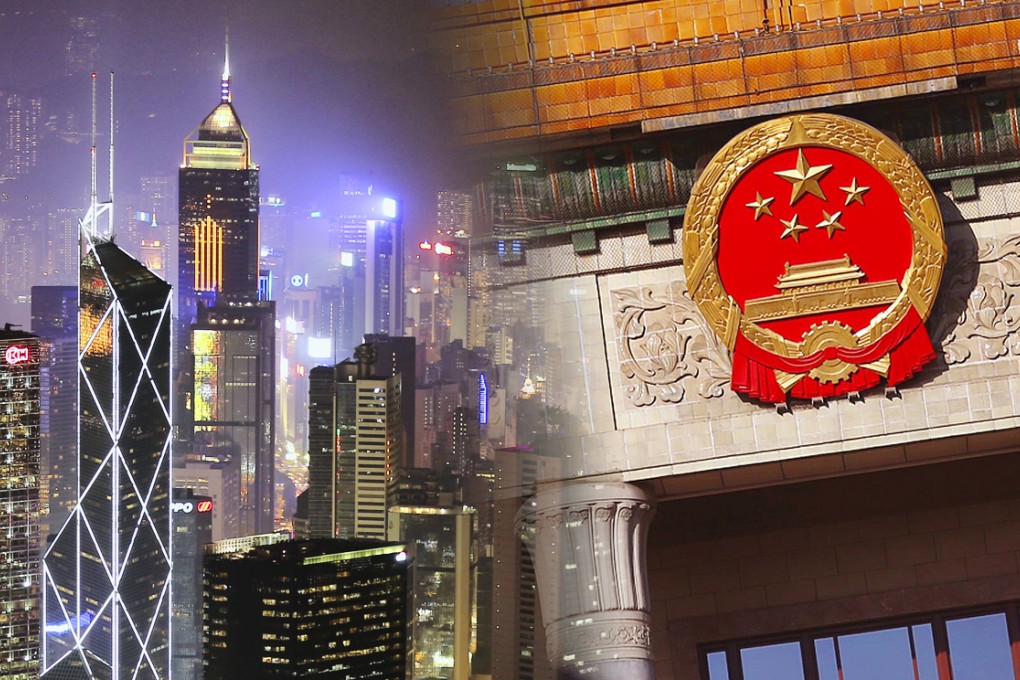‘One country, two systems’ for Hong Kong must comply with China constitution, says Premier Li Keqiang
Premier opens annual legislature meetings with emphasis on rule of law in city, Macau

Beijing will strictly comply with the Chinese constitution and the city's Basic Law in Hong Kong affairs, Premier Li Keqiang said at the start of annual meetings of the national legislature in Beijing yesterday.
It is the first time in 25 years that a premier has highlighted the role of the constitution when discussing Hong Kong matters in his yearly work report, delivered at the start of National People's Congress sessions.
The last premier to do so, Li Peng , said in 1990 that Hongkongers wishing to participate in China's affairs "must abide to the nation's constitution and law". His was the first work report after the bloody 1989 crackdown in Tiananmen Square, which sparked mass protests in Hong Kong amid preparations for the 1997 handover.
Li yesterday ended his speech by restating two pledges to the city - "the people of Hong Kong governing Hong Kong" and "a high degree of autonomy".
Those promises - made under the "one country, two systems" principle under which the city is governed - were absent from Li's debut work report last year and from Tuesday's report by Yu Zhengsheng , chairman of the Chinese People's Political Consultative Conference. The omissions raised concerns about whether Beijing was taking a different tack on the city.